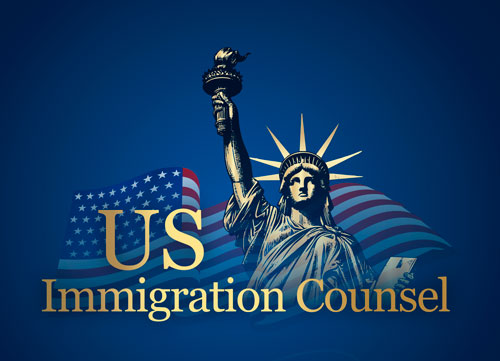Deferred Action for Childhood Arrivals (DACA)
DACA protects certain undocumented immigrants who arrived in the U.S. as children from deportation—but it is not a path to permanent residency.
The Deferred Action for Childhood Arrivals (DACA) program was created in 2012 to provide temporary relief from deportation to undocumented immigrants who entered the United States as minors. In 2017, the Trump administration canceled the program. While current DACA recipients can continue renewing their protection, no new applicants are being accepted at this time.
Today, approximately 580,000 people in the U.S. benefit from DACA. However, many more undocumented individuals would qualify if the program is reinstated in the future.
Who Qualifies for DACA?
To qualify for DACA, an applicant must meet the following criteria:
-
Arrived in the U.S. before June 15, 2007, and before turning 16 years old
-
Has lived continuously in the U.S. for at least five years
-
Is currently enrolled in school, has graduated from high school, or has obtained a GED
DACA recipients do not hold legal immigration status, but they are protected from deportation under this relief.
What Are the Benefits of DACA?
In addition to protection from deportation, DACA recipients are eligible for several key benefits:
-
Employment authorization that must be renewed every two years
-
Eligibility to apply for a driver’s license in all 50 states
-
Access to in-state tuition in many states
-
Possibility to apply for advance parole to travel outside the U.S. for critical reasons
It’s important to note that DACA protections can be revoked by the Department of Homeland Security at any time, as this program is not established by federal law but through executive action.
Does DACA Lead to Permanent Residency?
DACA is not a direct path to a green card or U.S. citizenship. Legal battles are ongoing, and while some advocates push for permanent solutions, no legislation has been passed to provide a formal path to permanent legal status for DACA recipients.
Until such laws are enacted, recipients remain in a state of legal uncertainty, especially those who aged into eligibility after the cutoff or arrived after June 2007.

